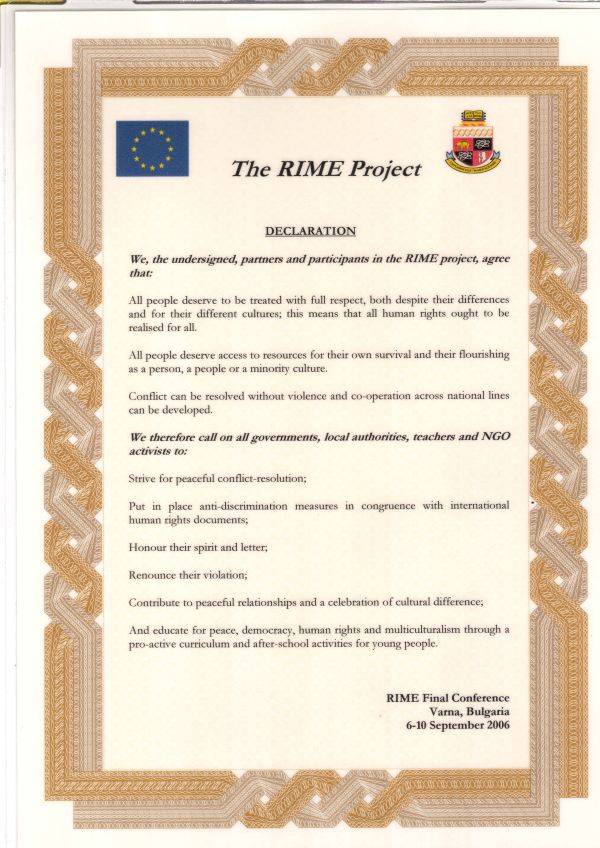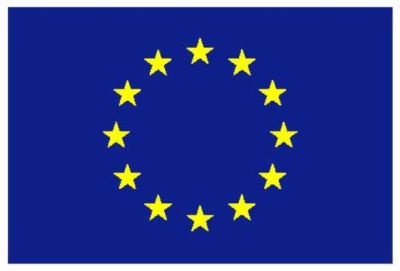Supported by European Commission/The European Initiative for Democracy and Human Rights

In partnership with Centre for the Study of Global Ethics and Centre for Russian and East European Studies, University of Warwick, England, United Kingdom
The project unites academics and practitioners of post-communist Europe in combating and conceptualising ethnic discrimination in the Balkans (Region 1: Croatia, Serbia, Bosnia and Herzegovina and Bulgaria), East Central Europe (Region 2: Ukraine), Southern Russia (Region 3:Krasnodar Krai and the Republics of Kabardino-Balkariia and Dagestan) and Southern Caucasus (Region 4:Georgia and Abkhazia). The project aims to be a factor in the implementation of the Durban Declaration (2001), by contributing to a better understanding of ethnicity related problems in the targeted regions and to generate appropriate training methods to tackle these problems. It addresses the following priority themes:
- Combating racism, xenophobia and discrimination against ethnic minorities and indigenous peoples by preparing training materials for teachers, youth workers and NGO workers;
- Combating discrimination against ethnic minorities by training of community leaders, women and young people and raising awareness of discrimination amongst the dominant group;
- Supporting interethnic dialogue to aid reconstruction after conflict, to prevent further conflict and to build a multicultural and tolerant democracy
The project is centered on six workshops targeted at local NGO workers, youth workers, migration workers, teachers and academics, and combines analytical and practical work. It engages members or representatives of local user groups in pilot projects. In the project framework the training manual “Education for Peace and Multiculturalism” and video “Beyond Stereotypes” which reflects the conceptual and training elements of workshop activities.
At its final conference, the participants accepted and signed a common Declaration that summarises their message to other practitioners, policy-makers and the general public.



